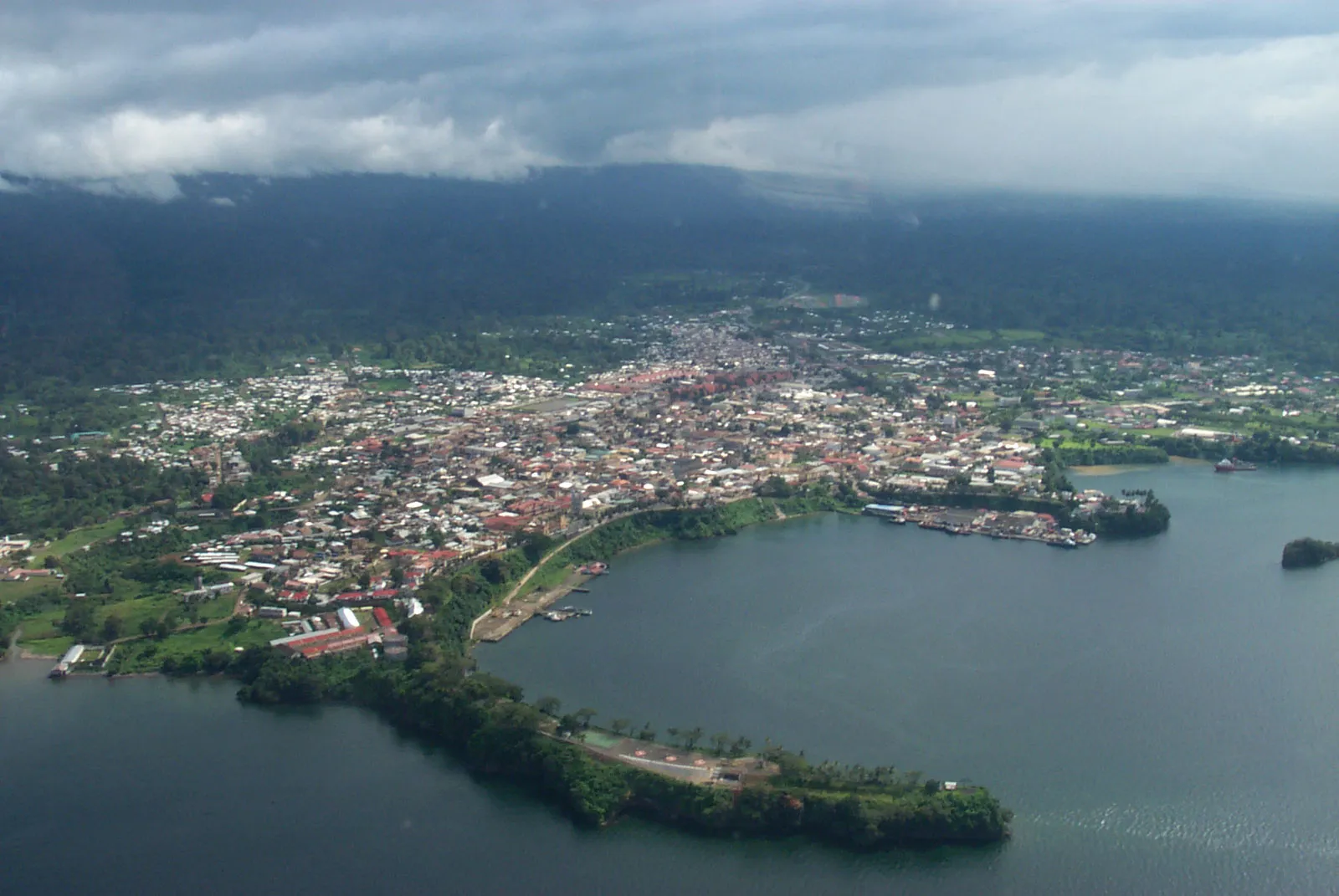justinpotts.com – Bioko Island, once known as Fernando Po, is a captivating landmass nestled in the Gulf of Guinea. As the largest island of Equatorial Guinea and home to its capital city, Malabo, Bioko holds a significant place in the nation’s history, culture, and economy.
A Land of Volcanic Origins and Diverse Landscapes
Bioko’s volcanic origins have blessed it with a dramatic landscape of lush rainforests, towering peaks, and fertile slopes. The island’s highest point, Pico Basile, soars to an impressive 9,882 feet (3,012 meters), offering breathtaking panoramic views.
Malabo: A Capital City with a Rich History
Malabo, the capital of Equatorial Guinea, is located on the northern coast of Bioko Island. Its colonial past is reflected in its architecture, with landmarks like the Malabo Cathedral showcasing a blend of Spanish and African influences.
A Biodiversity Hotspot
Bioko Island is a treasure trove of biodiversity, harboring a rich variety of flora and fauna. The island’s rainforests are home to diverse primate species, including the drill monkey, as well as a plethora of birds, reptiles, and insects.
A Hub of Economic Activity
Bioko Island plays a vital role in Equatorial Guinea’s economy. The discovery of oil in the surrounding waters has brought significant economic growth, transforming Malabo into a modern city with a bustling port.
A Tapestry of Cultures
Bioko Island is a melting pot of cultures, with the Bubi people being the island’s original inhabitants. Over time, other ethnic groups, including the Fang and Fernandinos, have settled on the island, contributing to its diverse cultural heritage.
A Destination for Ecotourism
Bioko Island’s natural beauty and biodiversity make it an attractive destination for ecotourism. The island offers opportunities for hiking, birdwatching, and exploring its pristine beaches and rainforests.
In Conclusion
Bioko Island, with its volcanic landscapes, vibrant capital city, and rich biodiversity, is a unique and fascinating destination. Its history, culture, and natural beauty make it a place of great interest and importance within Equatorial Guinea.

